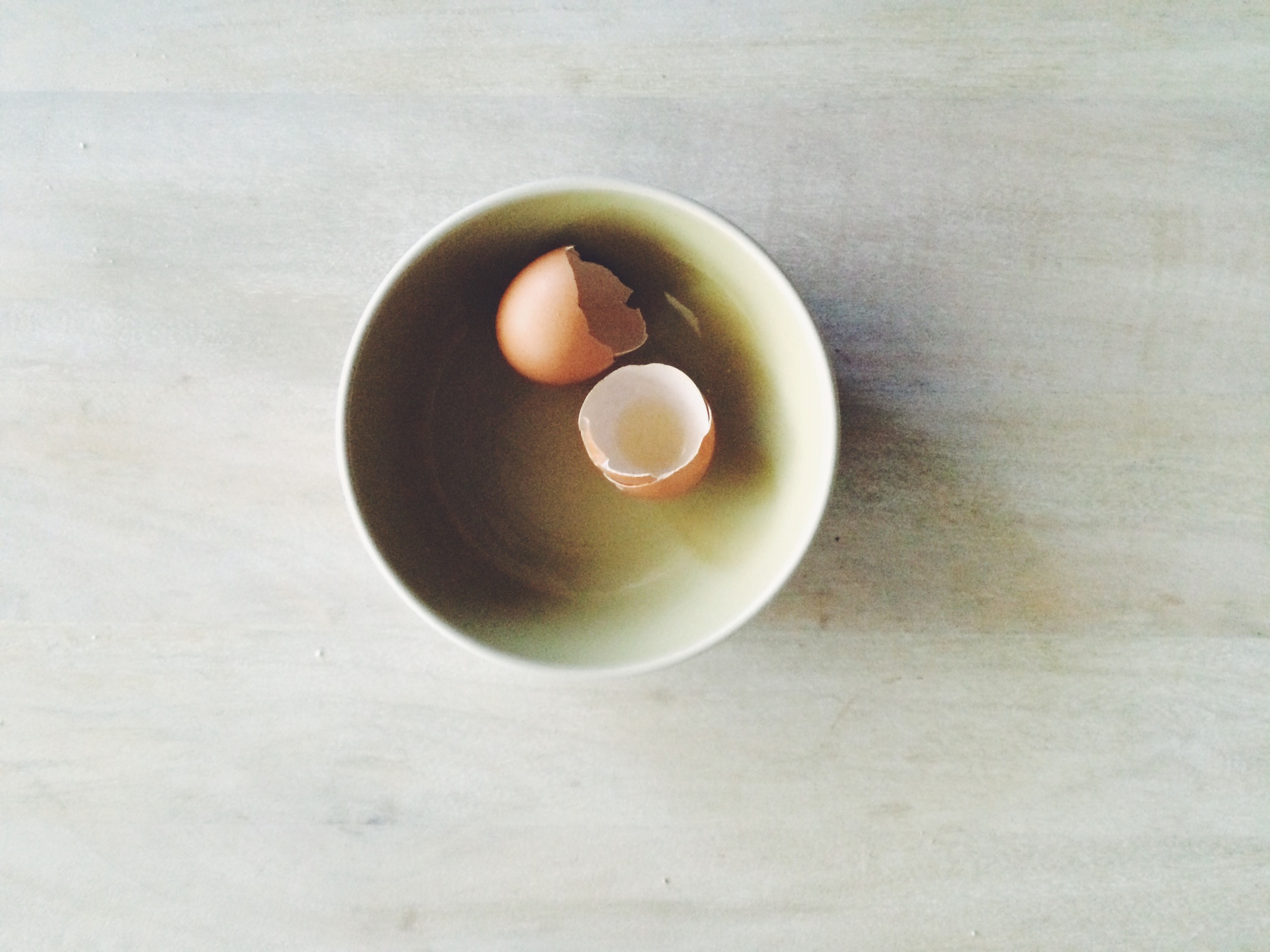ALMOND COFFEE CAKE
Recipe ever so slightly adapted from Food52
Almond cake is something I've long held affection for, because it composed one of three flavors of my wedding cake. Although this version has no frosting or cream filling to speak of, it's bright with almond flavor thanks to extract, tender, and reminded me of the little crumbly cookies I used to eat from the local Italian deli that were speckled with sprinkles the color of the Italian flag. In short, this is a cake to sit with while reminiscing, which is why I felt it paired so perfectly with this poem.
1/2 cup butter, melted
1/4 cup creme fraiche
1 1/2 cups organic cane sugar, plus 2 teaspoons for sprinkling
2 eggs
1 1/2 cups sifted spelt flour (or AP flour)
1 pinch salt
1 teaspoon almond extract
1/3 cup chopped almonds
Preheat the oven to 350 degrees and butter a 10-inch cast-iron skillet
Combine the butter, creme fraiche, and 1 1/2 cups sugar in the bowl of a stand mixer. Mix on low speed until well combined.
Add the eggs, one at a time, mixing until well incorporated.
Add the flour, salt, and extract. Mix well, then pour into the cast iron pan.
Sprinkle the cake with the remaining sugar and scatter with the almonds.
Bake for 30-40 minutes, or until golden brown. Let cool for 1 hour before serving.











